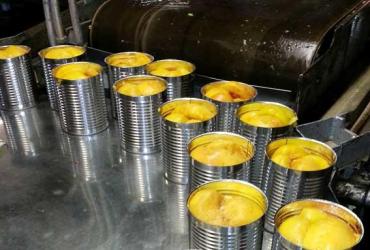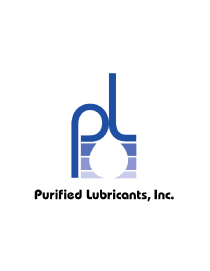Lubricants are vital to a piece of industrial equipment’s overall lifespan. The main task is reducing the amount of heat produced by friction and abrasion. However, innovative lubricants are able to do much more.

Lubricants are vital to a piece of industrial equipment’s overall lifespan. The main task is reducing the amount of heat produced by friction and abrasion. However, innovative lubricants are able to do much more.

Up until the 1850s, mineral oil was considered a nuisance, seeping into wells or other forms of drinking water. Its main use was as an insect repellent or for homemade medicinal remedies. Mainstream commercialization of mineral oil came about because of James Curtis Booth of the Franklin Institute in Philadelphia. He performed some simple chemical analysis of “rock oil” and discovered that it could be distilled for lighting oil and other uses similar to whale blubber.

It takes only a small amount of water (less than 500 ppm) to substantially shorten the service life of rolling element bearings. There is a vast amount of research that supports this. Being a career-long crusader of clean and dry oil, I will certainly not argue the contrary. In fact, water’s destructive effects on bearings can easily reach or exceed that of particle contamination, depending on the conditions.

Are your lubrication task routes optimized? To many, the idea of a task route might seem simple and straightforward. Can’t you just create a list of machines that need to be lubricated?

The lack of knowledge regarding the Food Safety Modernization Act (FSMA) and ISO 21469 is truly astounding, especially considering that violations of this important legislation not only can lead to fines but also jail time for those involved and the boardroom-level leadership.

